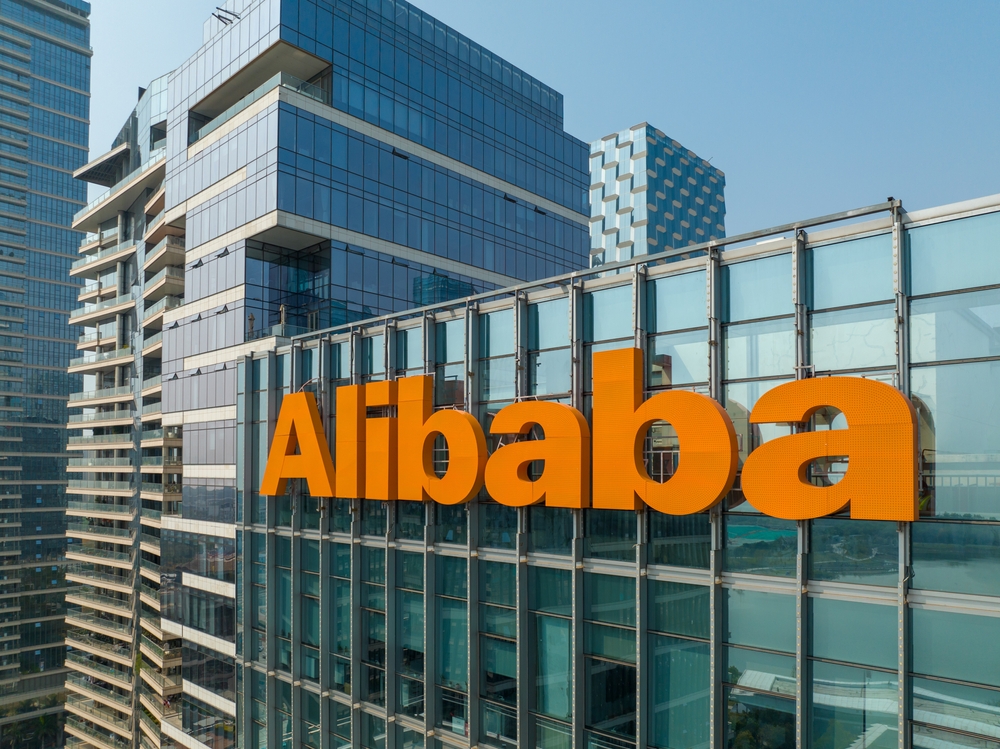Meta's shocking offer to top AI researchers comprised compensation packages worth up to $300 million over four years, with the biggest offer being $1.25 billion, albeit rejected, likely due to the short deadline to accept the offer, sometimes within hours. It represents more than just an aggressive recruiting strategy; it's a massive bet on the future of technology itself and a new poaching strategy that struck OpenAI's head recruiter as unethical. As the company establishes its new "superintelligence lab" and pivots toward more advanced closed AI models, these nutcase salary figures bring about uncomfortable rumours regarding the importance of this technology. With research engineers earning up to $440,000 in base salary alone and the company planning to invest up to $65 billion this year in AI infrastructure, Meta is essentially attempting to corner the market and become the frontrunner in the world's most valuable resource: artificial intelligence expertise.
The Talent War's Collateral Damage
The ripple effects of Meta's aggressive poaching strategy are already reshaping the entire AI ecosystem. OpenAI, once considered the industry leader, is now facing what analysts describe as a "retention crisis", having lost over 25% of its key research talent in just two years since opening itself up to investors. Meanwhile, Google has resorted to controversial tactics like paying AI staff to remain idle for up to a year due to noncompete agreements, while Microsoft made headlines with its $650 million acquisition of Inflection's talent. This white-hot competition has created a feedback loop where each company's defensive moves drive up costs industry-wide, fundamentally redefining employment contracts and investment norms across Silicon Valley.
The Platform Dominance
Meta's endgame extends far beyond domination through having the world's best AI team. It is actively positioning itself to win the next great platform war. By integrating AI across Facebook, Instagram, and WhatsApp while simultaneously developing proprietary "superintelligence" capacity, the company aims to foster an ecosystem where its platforms become the primary interface for human-AI interaction, having advanced its Augmented Reality (AR) technology and production. This strategy mirrors successful platform plays of the past, from Microsoft's Windows dominance to Google's Android ecosystem, but with higher stakes and inevitable adoption. The massive compensation packages are thus not just talent acquisition costs but strategic investments in building a moat around what could become the most valuable technology platform in human history.















